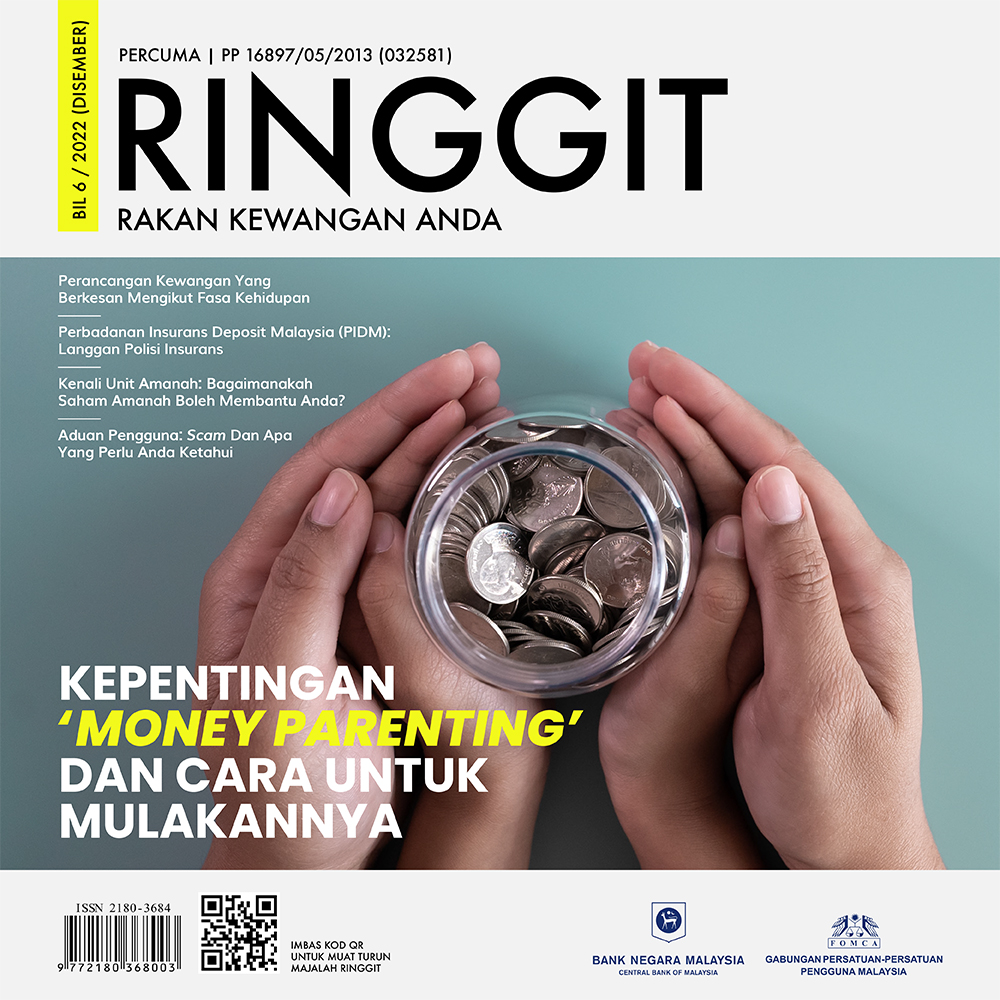 16 Oktober 2020 | 10.54 am
16 Oktober 2020 | 10.54 am
Although the Price Control and Anti Profiteering Act was amended in Parliament in August 2017 to make single pricing mandatory, the culture of ++ in pricing is still widely prevalent in Malaysia.
This culture of pricing ++ must be eliminated. If in the restaurant, the menu states RM 15 for a product, then that is what the consumer should pay. The customer should not need pay extra; that is plus 10% service charge and 6% service tax, resulting in actual payment of RM 17.40, an addition of RM 2.40 or 16% above the advertised price.
This also includes hotels and all other products and services. Hidden prices should be eliminated. The consumer should have clear knowledge of the actual price, so that he can decide accurately whether he can afford and wants to purchase at that price, or maybe check out other competitor’s prices to see if he can get a better deal.
According to the amendments of the Price Control and Anti Profiteering Act, Section 10B and 10C of the Act mentions that a trader must display, advertise, publish or quote the prices of goods and services that includes all Government taxes, duties and charges. That is to put simply, what you see is what you pay; there are no additional charges in the bill.
The then Minister of Domestic Trade, Consumerism and Cooperatives mentioned in no uncertain terms that consumers will not have to pay more than the price displayed or advertised, as all costs must be clearly stated before the payments are made.
He would add that the policy would benefit consumers and help them make more informed decisions without worrying about additional costs.
FOMCA had long advocated for such a policy and was indeed elated that the Government took measures to amend the law to further protect consumers by enabling informed decision making.
Yet, after more than three years, the law seems to exist only on paper. Most traders continue to advertise one price and charge additional charges when the bill is being settled. This occurs in the food business but also in the hotels and other products and services.
Enforcement clearly seems to be lacking; on the ground consumers continue to be hoodwinked by traders.
FOMCA calls on the Ministry to convert the provisions of the law to actual practice on the ground. The law was amended to better protect consumers. But the law itself is useless unless it is vigorously enforced on the ground.
During this time of Covid, when many consumers are struggling with their finances, enforcement of the single price policy, will go a long way to assist consumers to make prudent decisions to better manage their consumption expenditure.






